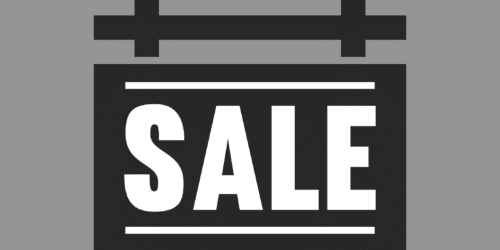According to the Royal College of Dental Surgeons of Ontario (the “College”), it is especially challenging to protect staff and clients in the dental industry against the spread of COVID-19 due to procedures and tools that generate and propel droplets, aerosols and airborne particles.
The College has carefully put into place the following three-stage process to return the dental profession to a new “normal” while considering the best interests of patients and the community at all times:
Stage 1: During the height of community transmission in Ontario, in-person dental care was restricted to emergency and urgent care with all other care provided only through virtual means;
Stage 2: Currently, in response to declining community transmission, all dental care, save and except for services deemed “non-essential”, is permitted in-person with enhanced precautions; and
Stage 3: When community transmission has been significantly mitigated, in-person dental care will be provided with reduced precautions.
This three-stage program is not static; the dental industry may move forward or backward between stages as community transmission changes.
A “dental emergency” is defined by the College to include potentially life-threatening conditions requiring immediate treatment. “Urgent care” refers to treating conditions requiring immediate attention to relieve pain and/or risk of infection. For examples of dental emergencies, conditions requiring urgent care and services deemed to be non-essential, visit: Definitions of emergency, urgent and non-essential care.
Throughout each of the three Stages of Reopening, dental professionals must refer to and follow the College’s COVID-19 guidance document (COVID-19: Managing Infection Risks during In-Person Dental Care) as well as the College’s Standard of Practice. These documents describe the requirements of dental professionals and offices during the COVID-19 pandemic such as performing procedures in enclosed spaces; using personal protective equipment (PPE) such as N95 respirators, gloves, eye protection, face shields and gowns; sterilizing the premises and removing non-essential items; requiring patients to disinfect their hands and wear PPE when not receiving treatment; and ensuring that staff are properly trained in COVID-19 protocol. During the COVID-19 pandemic, dental professionals must also continue to practice within the College’s Guidelines on prescribing narcotics and opioids.
It is expected that dental professionals will bear the initial cost of PPE. The Ontario Dental Association is working with insurance companies in hopes of covering these added costs. In the meantime, some dental professionals, after informing their patients in advance, are adding an extra PPE fee to the bills of the patients they are treating during the pandemic. If you are unable to meet the College’s PPE and operatory requirements, you must refer your clients to another dental professional who can.
This blog was written by Jade Renaud, a member of the Business Law team. Jade can be reached at 613-369-0373 or at jade.renaud@mannlawyers.com.







